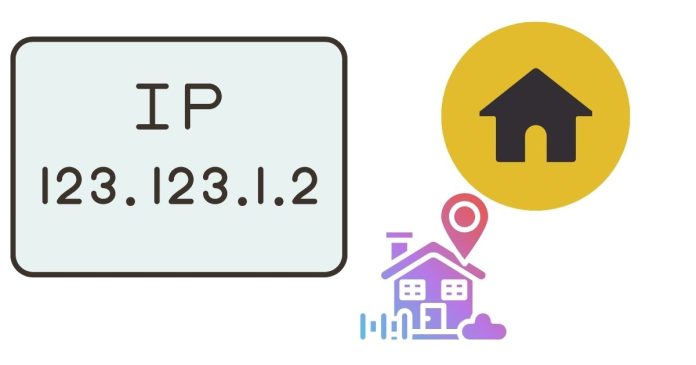An IP address and a port number are both essential components in network communication, but they serve different purposes:
- IP Address:
- An IP address is a unique identifier assigned to each device on a network, whether it’s the internet or a local network.
- It ensures that data can be routed to the correct device.
- There are two types: IPv4 (e.g., 192.168.1.1) and IPv6 (e.g., 2001:0db8:85a3:0000:0000:8a2e:0370:7334).
- Port Number:
- A port number is used to identify specific processes or services running on a device.
- It’s like a “doorway” to a particular service within a device.
- For example, web traffic typically uses port 80 (HTTP) or 443 (HTTPS), while email may use port 25 (SMTP).
In summary:
- The IP address identifies the device, while the port number identifies the specific service or application on that device. When combined, they allow communication between devices and applications on a network.


